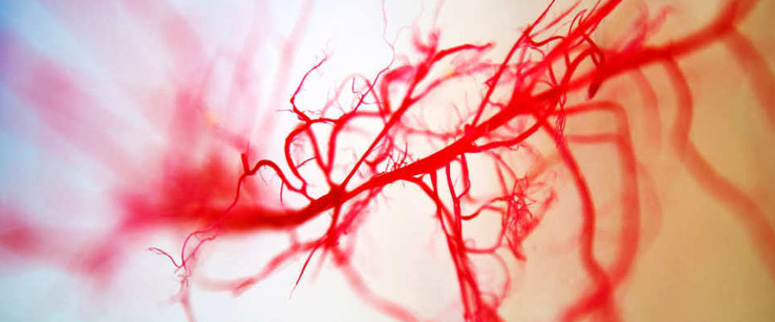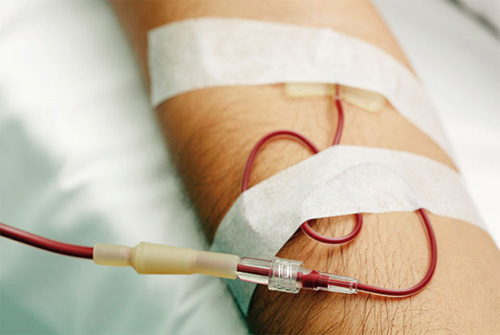|
Haematology is the study of blood and blood diseases, including common conditions like haemophilia, which impairs the bodys ability to control blood clotting, and anaemia, which is usually caused by a decrease in the number of red blood cells. The word "heme" comes from the Greek for blood.
haematology treatment services in haematology tests to diagnose blood diseases, to blood transfusions for the treatment of blood cancers and other blood disorders.
Our general haematology treatment services deal with the investigation of abnormal blood counts that lead to common conditions like anaemia, low white cells and low platelets.

Scope of hematology
Hematology is practised by specialists in the field who deal with the diagnosis, treatment and overall management of people with blood disorders ranging from anemia to blood cancer.
Some of the diseases treated by haematologists include:
Iron deficiency anaemia and other types of anemia such as sickle cell anemia or trauma-related anemia
Polycythemia or excess production of red blood cells
Myelofibrosis
Leukemia
Platelet and bleeding disorders such as hemophilia, idiopathic thrombocytopenic purpura and Von Willebrand disease
The myelodysplastic syndromes
Hemoglobinopathies such as thalassemia and sickle cell disease
Multiple myeloma
Malignant lymphomas
Blood transfusion
Bone marrow stem cell transplantation
What are some blood disorders?
Common blood disorders include anemia, bleeding disorders such as hemophilia, blood clots, and blood cancers such as leukemia, lymphoma, and myeloma. Talking to your doctor is the first step to take if you believe you may have a blood condition.
What is a hematologist and what do they do?
A hematologist is a specialist in hematology, the science or study of blood, blood-forming organs and blood diseases. The medical aspect of hematology is concerned with the treatment of blood disorders and malignancies, including types of hemophilia, leukemia, lymphoma and sickle-cell anemia
What does it mean when you have thin blood?
Some blood thinners thin the blood to keep blood cells from sticking together in the veins and arteries. Others prevent blood clots by increasing the amount of time it takes for blood clots to form. Antiplatelet drugs prevent blood cells (called platelets) from clumping together and forming clots.

What causes thick blood in humans?
Blood clots cause problems in the affected organ by cutting off oxygen flow. Thick blood is caused by heavy proteins, or by too much blood in the circulation. Too many red cells, white cells, and platelets will result in blood thickening. Another cause is an imbalance in the blood clotting system.
What is a HEMATOPATHOLOGIST?
Hematological pathology, or hematopathology, is a subspecialty that studies diseases of the blood. It's a very narrow field with a big impact on the medical community. These physicians are experts in diagnosing leukemia, lymphoma, anemia, hemophilia and many other blood-borne diseases.
Who is a haematologist?
A hematologist is a specialist in hematology, the science or study of blood, blood-forming organs and blood diseases. The medical aspect of hematology is concerned with the treatment of blood disorders and malignancies, including types of hemophilia, leukemia, lymphoma and sickle-cell anemia.
What is the difference between a hematologist and an oncologist?
A hematologist-oncologist is a physician who specializes in the diagnosis, treatment and/or prevention of blood diseases and cancers such as iron-deficiency anemia, hemophilia, sickle-cell disease, leukemia and lymphoma. This physician is trained in hematology the study of blood and oncology the study of cancer.
|